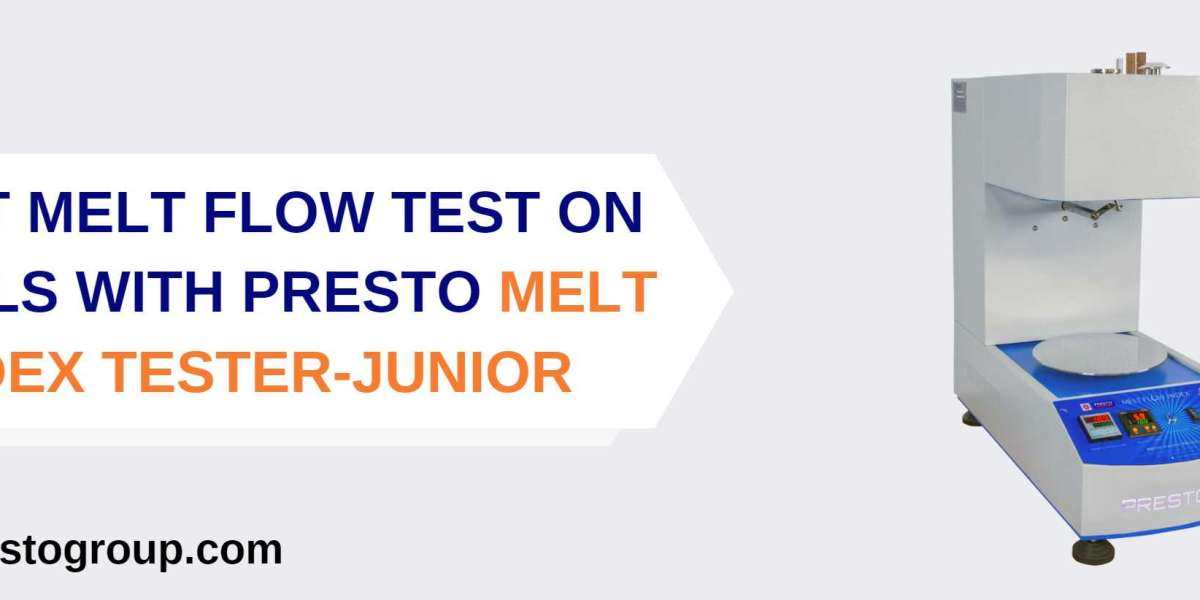Starting an FMCG distribution business can be a rewarding venture, but it requires careful planning and execution. In this comprehensive guide, we will walk you through the essential steps and considerations to launch and run a successful FMCG distribution business.
Market Research and Analysis:
- Identify and study the target market and its demand for FMCG products.
- Analyze the competition, including existing distributors, wholesalers, and retail networks.
- Assess the potential for growth and profitability in the chosen market.
Choosing the Right Product Portfolio:
- Research and select a range of FMCG products that align with market demands and consumer preferences.
- Consider factors such as shelf life, consumer trends, and brand reputation.
- Evaluate the viability of potential partnerships with FMCG manufacturers and suppliers.
Legal and Regulatory Compliance:
- Register your FMCG distribution business as per local laws and regulations.
- Obtain the necessary licenses and permits to operate legally.
- Comply with tax requirements and other legal obligations.
Business Plan Development:
- Create a detailed business plan outlining your goals, target market, marketing strategies, and financial projections.
- Include a thorough analysis of startup costs, operational expenses, and projected revenues.
Securing Funding and Investment:
- Explore various funding options, such as personal savings, bank loans, or angel investors.
- Present your business plan to potential investors or lenders to secure the required capital.
Setting Up Distribution Infrastructure:
- Establish a well-organized warehouse or distribution center to store and manage inventory efficiently.
- Invest in necessary equipment, such as shelving, pallets, and forklifts, to streamline operations.
Supplier and Retailer Partnerships:
- Forge strong relationships with FMCG manufacturers and suppliers to ensure a consistent supply of products.
- Collaborate with retailers and build a reliable distribution network for your FMCG products.
Sales and Marketing Strategies:
- Develop effective sales and marketing plans to promote your distribution business.
- Utilize digital marketing channels, traditional advertising, and targeted promotions to reach potential customers.
Inventory Management:
- Implement robust inventory management systems to monitor stock levels and prevent stockouts or overstocking.
- Use technology to track sales data and make informed decisions about inventory replenishment.
Logistics and Distribution Efficiency:
- Optimize your delivery and distribution routes to reduce transportation costs and ensure timely deliveries.
- Consider outsourcing logistics or partnering with reliable transport companies for better efficiency.
Starting an FMCG distribution business requires careful planning, strategic partnerships, and a customer-focused approach. By following this comprehensive guide, you can lay a solid foundation for your venture and position yourself for success in the competitive FMCG market. Remember to adapt and innovate as you grow, continuously assessing market dynamics and consumer preferences to stay ahead of the curve.








